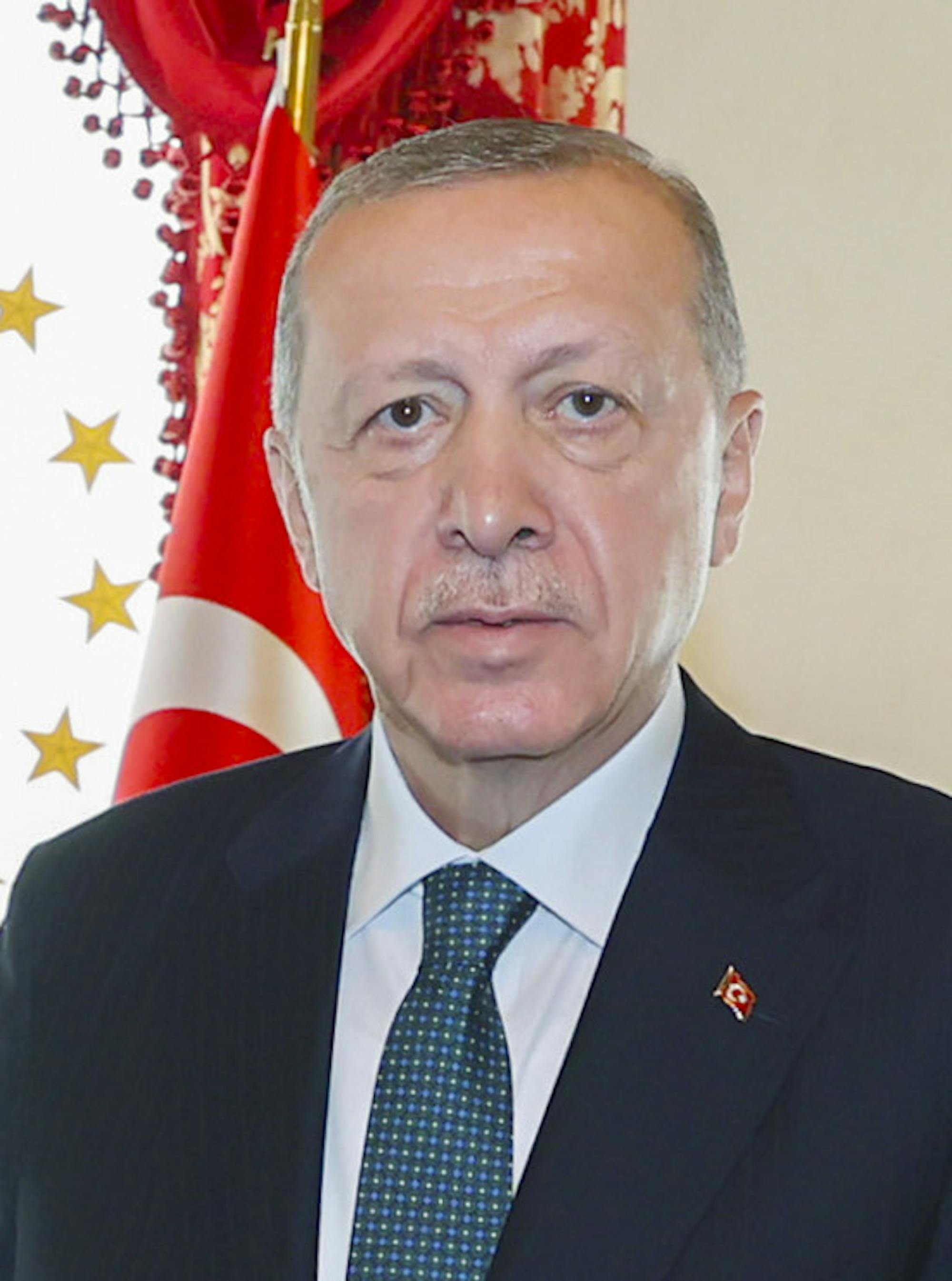Turkey and Syria recently experienced a 7.8 magnitude earthquake, the largest earthquake to have hit land since the 2010 earthquake in Haiti. Impacts were felt hardest in Turkey, where the country has experienced a death toll so far of more than 40,000, while the death toll in Syria has climbed to more than 5,800. Although there is little that countries can do to prevent earthquakes from happening in the first place, except for perhaps taking measures to slow the rate of climate change, it is imperative that governments act in their citizens’ best interests by preparing extensively.
Turkey, which sits on two major fault lines, is no stranger to large earthquakes; a 1999 earthquake resulted in a death toll of more than 17,000. Ever since then, the Turkish government promised to tighten construction standards. In order to fuel these improvements, the government implemented an “earthquake tax” which has collected approximately $3 billion since the 1999 earthquake. This most recent earthquake has left the people of Turkey and international analysts wondering what the use of these taxes has been, since the government was clearly not prepared.
Blame for these tragic failings appears to lie both with the government and those involved in the Turkish construction industry. The current president of Turkey, Tayyip Erdoğan, has decayed from someone that the West hoped would be a beacon of democracy into an autocratic authoritarian. Although Turkey passed earthquake legislation in 2018, the construction industry has continuously been allowed to ignore these regulations. The Turkish construction sector is regarded by Erdoğan as the nation’s most important industry, which influences the government to keep from regulating the industry to boost the economy. Corruption in the government has led to the same favored firms being chosen for large public projects, and this lack of competition has reduced standards. In addition to poor standards, this corrupt lack of competition has resulted in thousands of businesses going bankrupt. These large firms, referred to as “the gang of five” have been accused of tax evasion and tender rigging, and the process by which they win government contracts lacks transparency.
For this reason, corruption within the government has been just as large of an issue as the construction companies which benefit from this system. Following the earthquake, the Turkish government set about arresting building contractors, likely with the intention to pin these infrastructure failings solely on them and divert accusations of irresponsibility. However, these contractors are only a symptom of the system of corruption that has allowed them to prosper. For example, these contractors were only able to complete these projects with the help of a number of officials who signed off on substandard plans. Unless the Turkish government takes accountability for the poor building quality and eliminates corruption within the construction industry and the government, it is hard to imagine how Turkey will be more adequately prepared by the time the next earthquake hits.
The earthquake has been a tragic case of a government failing to protect its citizens. Likewise, international aid has not adequately helped Syria recover, and this is an unfortunate case of citizens being punished for the actions of their government. Although the United States has eased sanctions on Syria to allow humanitarian aid to flow into the country, Europe has not done so. The little aid that has gotten into the country has failed to make it to northwest Syria, in part because of the region’s opposition to Syrian President Bashar al-Assad. The region is thus suffering both from sanctions attached to Syria intended to harm the regime and because of Assad’s personal vendetta against the region. The West ought to push for more opening along the Turkish and Syrian border to allow humanitarian aid into northwest Turkey. The question of international aid, however, is far more difficult given Assad’s control of the country and will require skillfully administered international pressure.






